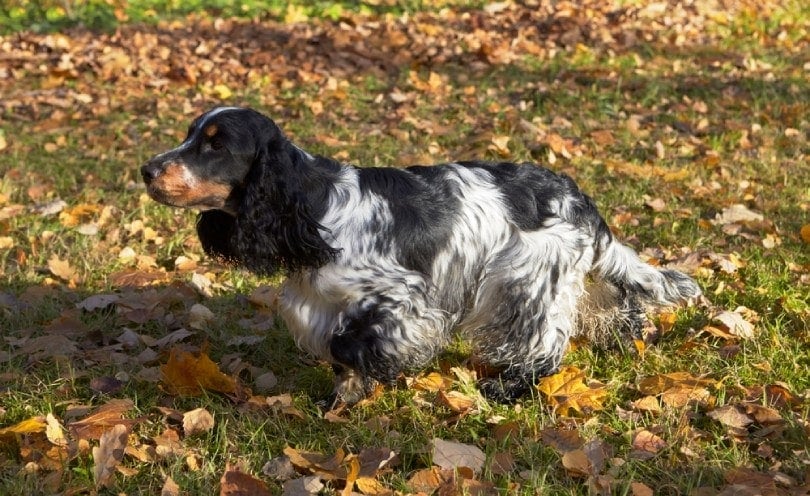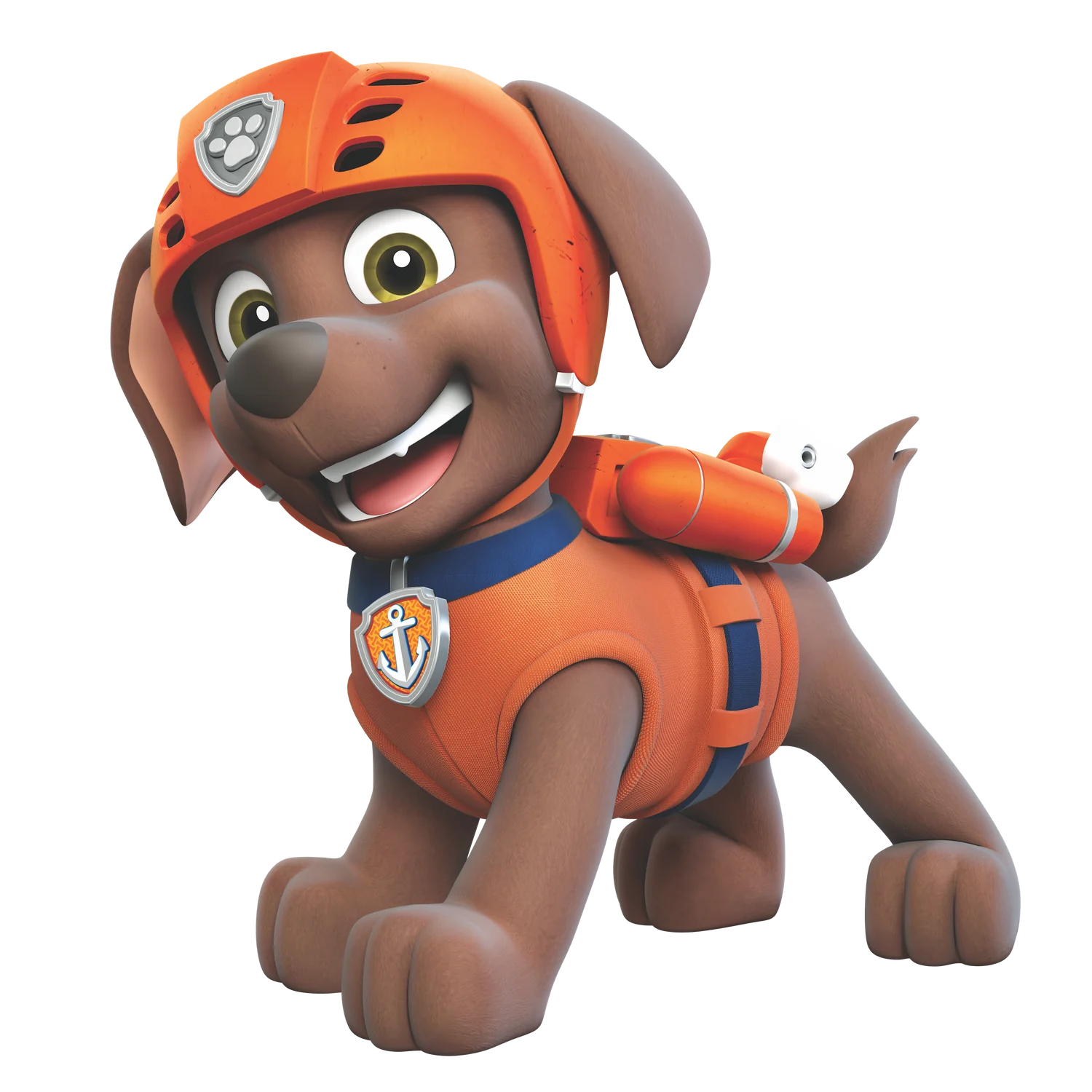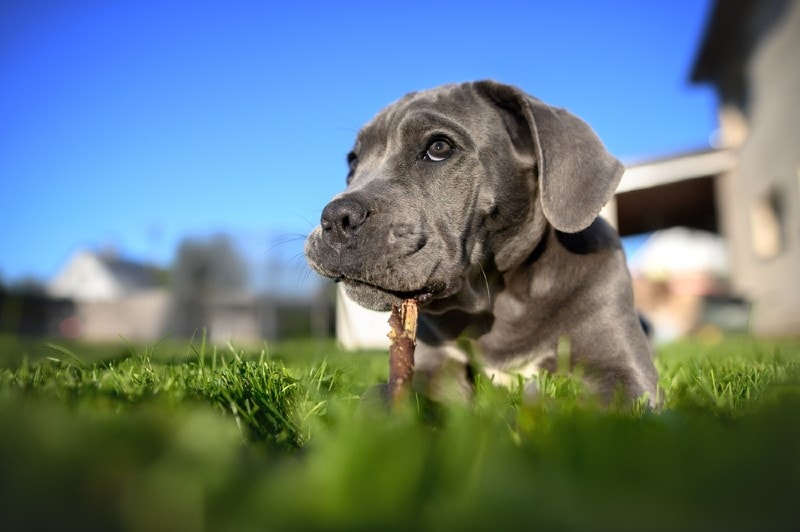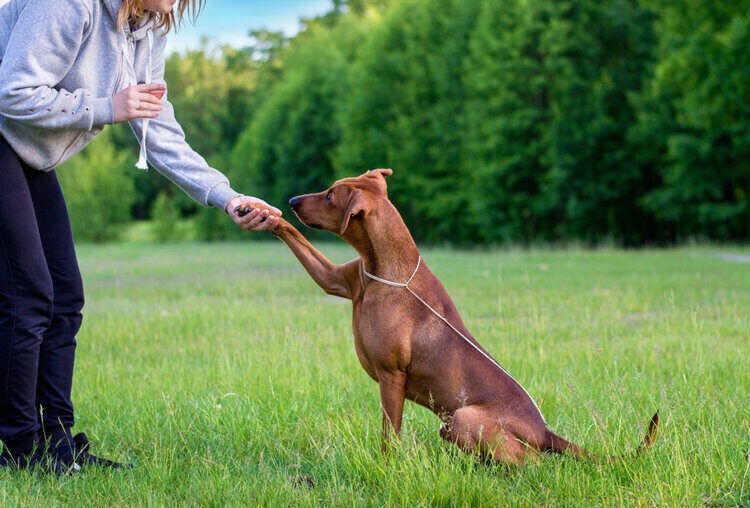10 Cocker Spaniel Pros & Cons (With Explanations)

Updated on

Did your love of dogs start with Lady and the Tramp? Lady is known for being a sweet, beautiful, and innocent puppy, even if she can get into trouble sometimes. And if your dog-owning dreams started with the Disney movie, you might wonder how the real deal compares.
Enter the Cocker Spaniel. This silky-eared breed is known for its beauty and affection, but like any dog, there are some pros and cons to consider. Before you call up a breeder, take the time to learn the pros and cons of this breed.
The 10 Cocker Spaniel Pros & Cons
1. Pro: They’re Pint-Sized
Cocker Spaniels are the smallest Spaniel breed and the smallest sports dog breed. Coming in at as small as 20 pounds, these pint-sized dogs are perfect for apartments, small homes, or owners who worry about handling a large dog. These small but sturdy dogs are very adaptable to different homes and lifestyles. Their small size also makes them relatively cheaper to care for, as they will only eat one to two cups of food per day.

2. Con: They’ve Got Some Health Issues
Those food savings might not last you too far, though. Some Cocker Spaniels are totally healthy, but the breed is prone to some health problems too, especially eye and hip problems. If your Cocker Spaniel has health issues, it can be expensive to treat and hard to watch them suffer. However, your chances of getting a healthy Spaniel are higher if you go through a reputable breeder.
3. Pro: They’re Affectionate
Cocker Spaniels are known for their sweet temperament and high levels of affection. If you treat your Cocker Spaniel well, you’ll be rewarded with a ton of love in return. If you love giving pets, Cocker Spaniels may be your dream dog! Cocker Spaniels are also generally very friendly towards strangers if they’re socialized well, making it a great breed for taking out and about and a good choice for multi-pet families.
4. Con: Separation Anxiety Is Common
The flip side of their loving nature is that Cocker Spaniels also tend to be very attached to their owners. It’s common for Cocker Spaniels to experience separation anxiety or struggle when they are home alone. You can use crate training and other techniques to help your Cocker Spaniel be more comfortable alone, but their social temperament makes it harder than it is for most dogs. That means if your home is empty during the day or you’ll need to leave your dog home for long periods, a Cocker Spaniel might not be right for you.

5. Pro: They’ve Got Beautiful Coats
Cocker Spaniels are most recognizable for their beautiful coats. With soft, curly fur and long silky ears, they’re a pleasure to pet. They also come in a wide variety of colors—deep blacks, pale creams, golden browns, beautiful spots, and more. If you want a truly beautiful dog, it’s hard to beat a Cocker Spaniel.
6. Con: They’re a Beast to Groom
That long coat isn’t all fun and games, though. Expect a lot of time on maintenance. You’ll have to choose between regular haircuts or frequently brushing out curls to keep your dog’s fur clean and tangle-free. You’ll also have to watch out for those floppy, hairy ears—they’ll quickly get clogged if they aren’t cleaned regularly, making ear infections a constant worry.
7. Con: Hair Everywhere!
Another con of their long coats is that they’re a medium- to high-shedding breed. Cocker Spaniels shed year-round, leaving piles of fluff wherever they go. You’ll need to make good friends with your vacuum if you want to have a Cocker Spaniel and a clean house—and don’t forget to stock up on lint rollers!

8. Pro: They’re Athletic
Did you know that Cocker Spaniels are sporting dogs? Despite their small size, this breed is often seen in competitions. They can hold their own in speed and agility competitions, keeping up with much larger dogs. They were originally used to flush out birds in hunting. Today, if you want a sporty dog that can keep up with you on your adventures but you don’t have a lot of space, this breed might be for you.
9. Pro: They’re Trainable
Those athletic competition skills also depend on a Cocker Spaniel’s ability to follow instructions, so it’s no surprise that Cocker Spaniels are also rockstars when it comes to obedience. Like all dogs, it takes some work to train them, and they need consistency to help them behave well. However, most owners find that Cocker Spaniels are easier to train than your average dog.
10. Con: Expect Barking
Cocker Spaniels might be relatively trainable, but they still have their common behavior issues. One of the biggest behavior issues that many Cocker Spaniels have is barking. Many Cocker Spaniels are rather noisy, and it’s no surprise that this can be hard for owners, especially if you’re an apartment dweller. Luckily, solid training can help you to reduce unwanted barking.

English or American Cocker Spaniels?
There are two breeds of Cocker Spaniel out there: English and American. Overall, American Cocker Spaniels are pretty similar to their across-the-pond relatives, but there are some differences.
First, their size—English Cocker Spaniels tend to be a little bigger, coming in at about 30 pounds to their American cousins’ 20 to 25. Along with that, they have taller bodies, thicker fur, and a few other minor visual differences.
They also have similar but slightly different temperaments, with English Cocker Spaniels being slightly spunkier and Americans being a little sweeter. If you want a lively, athletic dog, you might want to go for an English Cocker Spaniel, while an American Cocker Spaniel is more likely to be a true companion dog.
Conclusion
Cocker Spaniels are beloved pets, and many owners fall in love with them! But don’t buy with stars in your eyes! No breed is perfect, and it’s important to make sure you’re fine with the cons before you decide to make a Cocker Spaniel a part of your home. That way, when you do make a Cocker Spaniel a part of your family, you’ll be ready to truly enjoy it.
Featured Image Credit: sabsykorova, Pixabay













